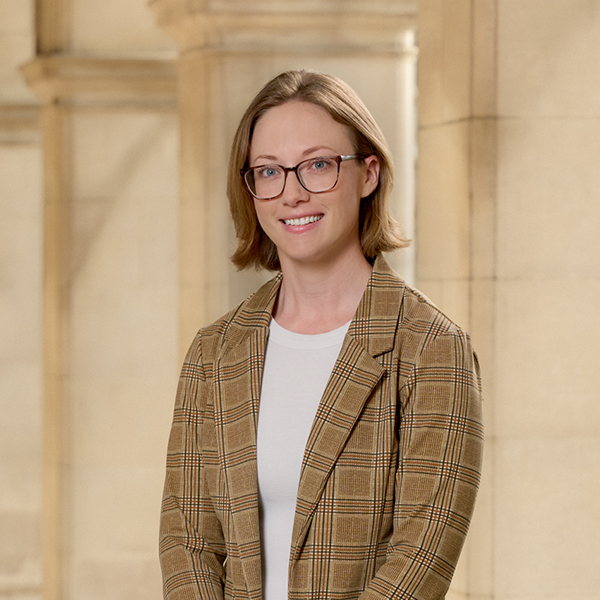Breathtaking changes in political, economic and social relations have taken place over the past several centuries. Living and working in a rapidly changing global environment presents great opportunities to advance the human condition, promote growth and development, create political liberties, recast bargains between governments and their societies, transform social welfare, and advance the boundaries of knowledge and scientific exploration.
Yet the same context presents great risks as people fear loss of identity, worry about economic subordination and loss to those beyond their borders, encounter environmental degradation, and confront potential decline in personal and social autonomy. Our heightened economic, political, social, cultural and environmental interdependence generates serious challenges in areas such as social justice, health, security, development, human rights, social welfare, inequality, diversity and technology. These challenges create the possibility for conflict, but also for cooperation and compromise.
Program Objectives
The Master of Arts in International Affairs offers an interdisciplinary approach to understanding global issues. The program draws on teaching and expertise from Washington University faculty and experienced practitioners in the St. Louis region, and it provides knowledge and skills for understanding and working with some of the most difficult international and cross-cultural problems faced by states, societies and communities. Students have the opportunity to tailor their studies to explore topics such as global politics, global economics, development, international security and conflict, international business, human rights, the role of gender, the environment and sustainability, and issues of regional importance.
Whether students are studying full-time or part-time, a range of on-campus and online courses makes it possible for them to shape their degrees according to their interests and schedules. Please note, though, that this program is not fully online; some courses must be taken on the Washington University campus.
Curriculum
The Master of Arts in International Affairs is a 30-unit program that includes four core courses and a capstone research project. The purpose of the required core courses is to develop a coherent structure underpinning the MA by ensuring some common theoretical foundations, knowledge, and language shared by students in this program and with graduates of similar programs around the world. This contributes to the building of a professional community and identity. Remaining electives may be chosen from International Affairs seminars or from other graduate-level courses approved by the School of Continuing & Professional Studies (CAPS).
Program Course Work
12
Units of Required Courses
15
Units of Additional International Affairs Courses
3
Units of Capstone Research Project
Required Courses – 12 units
Students must take four core courses aimed at the acquiring of a common understanding of foundational knowledge and skills for analyzing international affairs, thus enhancing their abilities to be thoughtful and critical users of academic research in applied settings and while pursuing careers in the field.
One required course is Process and Design of Research (U85 524), a research writing and methods seminar that helps students develop systematic tools for use as practitioners who write and present their work.
The other three core courses, selected from a list of core courses, provide a theoretical and substantive foundation for the analysis and understanding of international affairs. Students choose at least three core courses as indicated by the “International Affairs Core (IAC)” attribute in the course description. Examples include the following:
- US Law and International Relations (U85 5080)
- International Organizations (U85 509)
- The United Nations and International Security (U85 510)
- International Law and Human Rights (U85 511)
- International Growth and Development, Inequality, and Transitional Justice (U85 519)
- National Security Decision-Making (U85 5310)
- American Foreign Policy (U85 535)
- Alternative Analytic Techniques for International Affairs (U85 5410)
- Politics of Global Finance (U85 5571)
- International Relations (U85 574)
- State Failure, State Success and Development (U85 5772)
These courses are designed to enable students to develop expertise and understanding of dominant analytical frameworks, tools, and common language in the field of international affairs so that they are better prepared to engage with other professionals in the field. A selection of three core courses, which are overlapping, ensures that this foundation will be sound and robust.
Additional International Affairs Courses – 15 units
These courses may be chosen from International Affairs seminars or, with permission, from graduate-level courses in other departments.
Capstone Research Project – 3 units
All candidates for the master’s degree in International Affairs are required to complete a final written project called a Directed Research Project (DRP). Normally completed during the final semester of the program, the project entails substantial research and analysis on a topic determined by the student in consultation with the program coordinator.
The project is completed under the primary supervision of a faculty advisor, along with an additional faculty reader, and it is evaluated by this committee in the form of an oral examination at the conclusion of the student’s program.
The one-semester DRP will produce a paper of approximately 40 pages in length. Researched and written under the guidance of the faculty advisor, the paper will reflect a substantive and sophisticated engagement with the chosen topic and will incorporate relevant scholarly and critical sources.
Please speak with a student recruiter about the specifics of the Capstone Research Project.
Application Requirements
Enrolling at CAPS

Contact a recruiter today.
Schedule time with a student recruiter today to find out how you can get the most out of your CAPS programs and courses.
